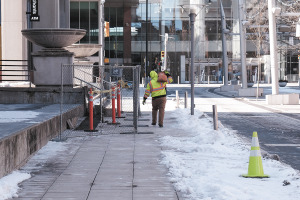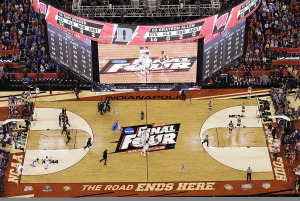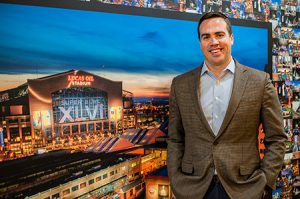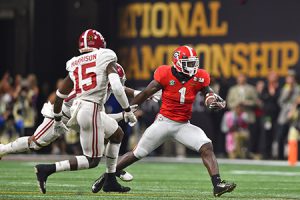
Media exposure from 3-week NCAA tournament could pay off big
Coverage from Selection Sunday on March 14 to the championship April 5 should bring an enormous payoff to Indiana, which will host all 67 games, and to Indianapolis specifically, which will host 55 of them.









